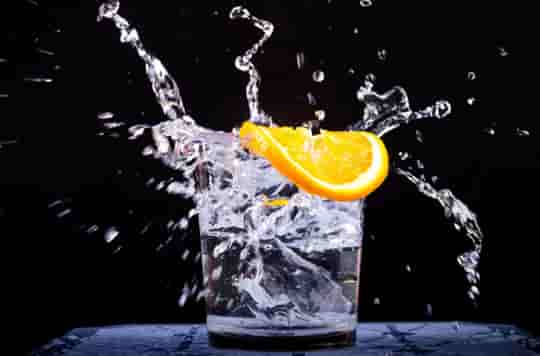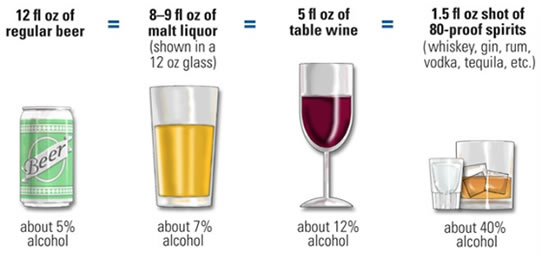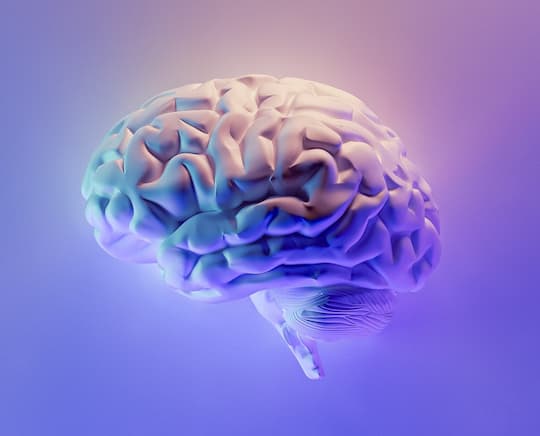Is drinking a small glass of wine or half a pint of beer a day be good for you?
Is drinking a small glass of wine or half a pint of beer a day be good for you?
Some studies have suggested that daily consumption of low-volume alcoholic drinks such as a glass of wine could lower heart disease and death from any cause.
In contrast, new evidence shows that light drinking does not bring any health benefits.
The review also shows that higher consumption levels of alcohol dramatically increases the risk of heart disease and death.
In the United States, one “standard” drink contains nearly 14 grams of pure alcohol, equivalent to a glass of wine at 12 percent alcohol (150 ml), a bottle of beer at 5 percent alcohol (355 ml), or one shot of hard liquor such as whisky, vodka, gin, and rum.
Dr Tim Stockwell, the study’s co-author, said:
“Low-level or moderate drinking is roughly defined between one drink per week and two drinks per day.
That’s the amount of alcohol that many studies, if you look at them uncritically, suggest reduces your risk of dying prematurely.”
But the results from those studies have been influenced by some biases so after adjusting for them:
“…the appearance of the benefit from moderate drinking greatly diminishes and, in some cases, vanishes altogether.”
The review analysed 107 studies examining the association between consumption of alcohol and death.
Dr Stockwell explained:
“This is an overview of a lot of really bad studies.
There’s a lot of confounding and bias in these studies, and our analysis illustrates that.”
Former-drinker bias
A common flaw for those studies was that they included former drinkers in the non-drinkers group.
But it is well-known that if a former drinker has stopped drinking or reduced alcohol intake, it is often because of some health issues.
When compared to abstainers, former drinkers are at a higher risk of early death by 22 percent.
Dr Stockwell said:
“We’ve put Band-Aids on all of these bad studies to try and explore how these different characteristics result in the appearance of health benefits.”
Their analysis reveals that occasional drinking (9 g of alcohol per week) or light drinking (less than 24 g a day; one or two drinks a day) didn’t reduce the likelihood of death.
There was a slight increased risk of death among those who drank more than two a day (25 g to 44 g of alcohol per day).
The risk of death was greatly increased among heavy drinkers (45 g or more of alcohol per day).
Dr Catherine Lesko from the Johns Hopkins Bloomberg School of Public Health, said:
“There’s this question about whether low-level drinking is beneficial, and I think I’d take this to mean that it’s really not particularly beneficial.
I don’t know that it’s harmful, very low-level drinking.
But a lot of the results are reinforcing the harmful effects of even moderate to high level drinking.”
Drinking even at lower amounts caused more dramatic effect on women’s health than men.
Ms Patricia Aussem, a counsellor at Partnership to End Addiction, explained:
“Women experience alcohol differently than men because of biological factors.
Even when drinking the same amount of alcohol, women will have higher blood alcohol levels, feel intoxicated more quickly and take longer to metabolize it.”
Furthermore, binge drinking increase the odds of car accidents, homicides, suicides, as well as cardiovascular disease, cancer, liver disease, and stroke.
Some consequences of lifetime drinking:
- You are more likely to escape harm when having 2 drinks or less per week.
- You are more prone to develop some forms of cancer such as colon or breast cancer when having more than 3 standard drinks per week.
- You are much more likely to develop heart disease or stroke when having 7 standard drinks per week.
Ms Aussem said:
“Each additional standard drink radically increases the risk of alcohol-related consequences.
These risks increase in lockstep with consumption as it is more difficult to repair the damage done to cell tissue in the body and brain.
Simply put, less is better.
Any steps to cut back can be helpful in terms of reducing the risks of alcohol-related cancers and cardiovascular disease.”
The study was published in JAMA Network Open (Zhao et al., 2023).











